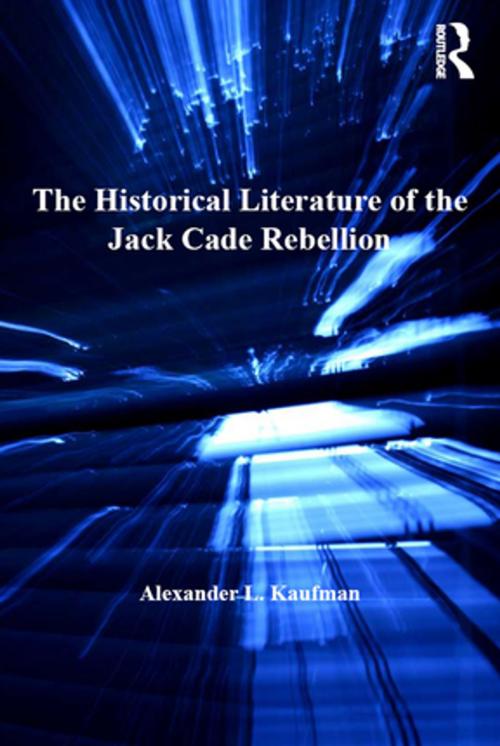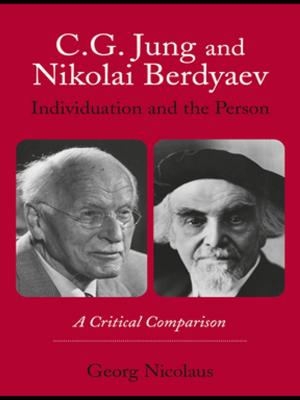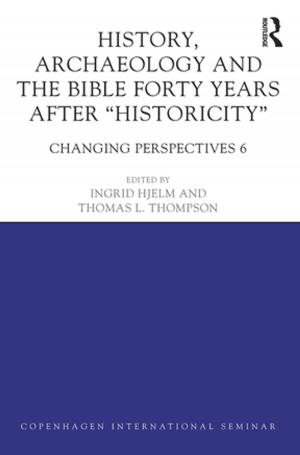The Historical Literature of the Jack Cade Rebellion
Fiction & Literature, Literary Theory & Criticism| Author: | Alexander L. Kaufman | ISBN: | 9781317029076 |
| Publisher: | Taylor and Francis | Publication: | March 16, 2016 |
| Imprint: | Routledge | Language: | English |
| Author: | Alexander L. Kaufman |
| ISBN: | 9781317029076 |
| Publisher: | Taylor and Francis |
| Publication: | March 16, 2016 |
| Imprint: | Routledge |
| Language: | English |
Accounts of Jack Cade's 1450 Rebellion-an uprising of some 30,000 middle-class citizens, protesting Henry VI's policies, and resulting in hundreds of deaths as well as the leaders' execution-form the dominant entry in a group of quasi-historical documents referred to as the London chronicles of the Fifteenth Century. However, each chronicle is inherently different and highly subjective. In the first study of the primary documents related to the Cade Rebellion, Alexander L. Kaufman shows that the chroniclers produced multiple representations of the event rather than a single, unified narrative. Aided by contemporary theories of historiography and historical representation, Kaufman scrutinizes the differing representations and distinguishes the writers' objectiveness, their underrated literary skills, and their ideological positions on the rebellion and fifteenth-century politics. He demonstrates how the use of figurative language is related to writing about trauma, and how descriptions of Cade's procession through London are a violent parody of midsummer festivals. In an exploration of authenticity in the descriptions of Cade, Kaufman also examines the characterization and plot devices that push Cade towards the realm of myth, showing that representations of Cade are influenced by popular fifteenth-century stories of Robin Hood.
Accounts of Jack Cade's 1450 Rebellion-an uprising of some 30,000 middle-class citizens, protesting Henry VI's policies, and resulting in hundreds of deaths as well as the leaders' execution-form the dominant entry in a group of quasi-historical documents referred to as the London chronicles of the Fifteenth Century. However, each chronicle is inherently different and highly subjective. In the first study of the primary documents related to the Cade Rebellion, Alexander L. Kaufman shows that the chroniclers produced multiple representations of the event rather than a single, unified narrative. Aided by contemporary theories of historiography and historical representation, Kaufman scrutinizes the differing representations and distinguishes the writers' objectiveness, their underrated literary skills, and their ideological positions on the rebellion and fifteenth-century politics. He demonstrates how the use of figurative language is related to writing about trauma, and how descriptions of Cade's procession through London are a violent parody of midsummer festivals. In an exploration of authenticity in the descriptions of Cade, Kaufman also examines the characterization and plot devices that push Cade towards the realm of myth, showing that representations of Cade are influenced by popular fifteenth-century stories of Robin Hood.















